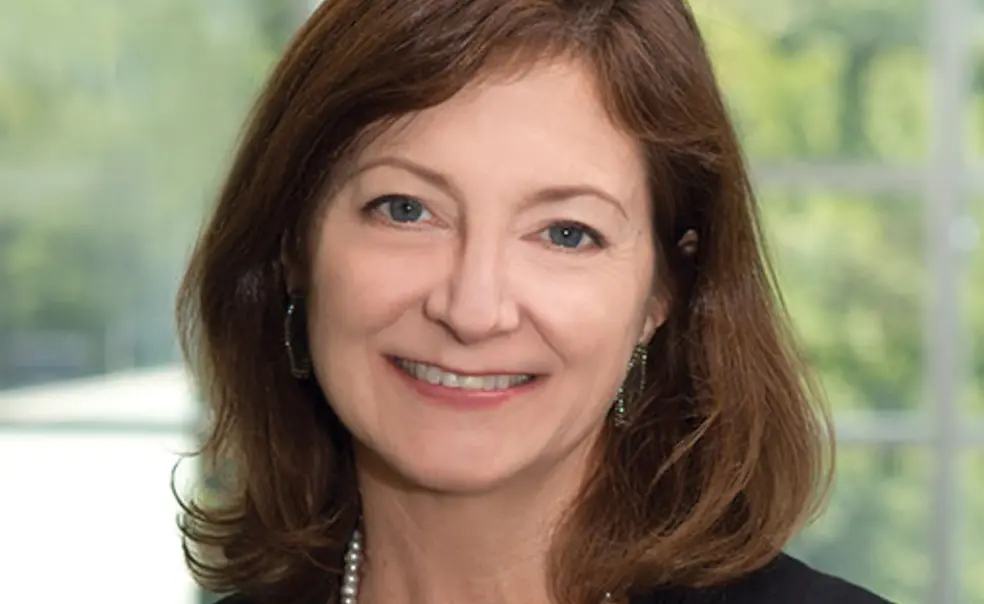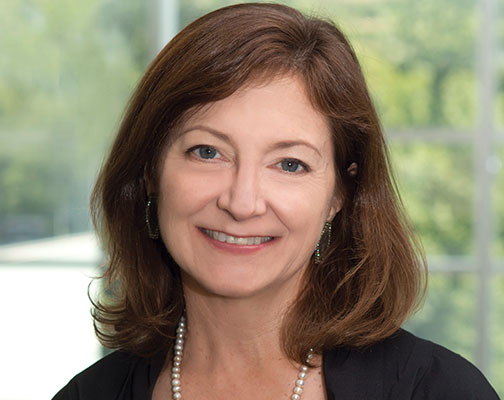Forging Faculty Diversity
Initiatives include commitment of funds for up to 20 hires to support inclusivity
The University is committing funds to support as many as 15 to 20 new hires that diversify the faculty — one of several initiatives announced in response to a September 2013 report by the Trustee Ad Hoc Committee on Diversity. Deborah Prentice, dean of the faculty, said the first hires could take place as early as this coming fall.
The trustee committee called for a “sense of urgency” in efforts to make the University’s faculty, postdoctoral, graduate student, and staff populations more inclusive. “[Princeton] needs to make substantive changes to its culture and structure if it hopes to remain a great American and global university, where the most gifted and promising individuals from every segment of society feel welcome and thrive,” the report said.
University statistics from September 2014 show that 83 percent of tenured faculty are white and 75 percent are men. Among assistant professors, 66 percent are men and 76 percent are white.
Each academic department is planning for the next five and 10 years as part of the University’s strategic-planning process, and ways to increase diversity will be included, Prentice said. Final proposals are due in May.
“Those of us who are trying to promote diversity on this campus are doing so because we believe it will make us better,” she said. “Our research and our teaching will be better if we can get all of the talent of the world instead of just the people who look a certain way or come from a particular school.”
The dean of the faculty’s office will contribute funding that is equivalent to 10 positions to support diversity efforts; since departments normally share in funding new positions, the result could be 15 to 20 new faculty members.
In addition, the Faculty Advisory Committee on Diversity will hold two speaker series during the next academic year. One will offer public lectures to encourage a continuing conversation about diversity on campus. The other will bring in young scholars — mainly graduate students and postdocs — to present their work, which Prentice said will help connect departments with students from schools outside of traditional faculty networks. (The trustee committee found that nearly half of Princeton’s tenured and tenure-track faculty had Ph.D.s from just six institutions: Princeton, Harvard, Stanford, MIT, Yale, and UC-Berkeley.)
These visits may help dispel the “stereotype of Princeton as a privileged, white male place” and encourage the scholars to want to return for teaching positions, Prentice said. “Those who do come here typically find it to be much better” than they expected.













6 Responses
Terry Vance ’77
10 Years AgoShaping the Faculty
In an issue filled with wonderful juxtapositions, the article worrying about the Princeton stereotype, combined with a resurgence of the polo team, was just great. With a $21 billion tax-free endowment, the highest endowment per student in the world, and a polo team, what exactly is the strategy for losing the stereotype of privilege?
Lawrence Cheetham ’67
10 Years AgoShaping the Faculty
I read with interest Dean Prentice’s call for dispelling the “stereotype of Princeton as a privileged white male place.” Is this the best objective for our most prestigious of all universities? How about working to dispel our stereotype as a bastion of ultra-liberal thinking? Or is diversity limited to worrying about skin color and ethnicity, and nary a concern about the extinction of conservative thought in the lecture halls of McCosh?
Paul G. Rochmis ’60
10 Years AgoShaping the Faculty
Re “Forging Faculty Diversity” (On the Campus, April 22): I am mystified. Is promoting diversity a process that is expected to make Princeton a better university, or is it a goal in itself?
Dean of the Faculty Deborah Prentice states: “Those of us who are trying to promote diversity on this campus are doing so because we believe it will make us better [italics added].” At best, this is a hypothesis, and before jumping on the bandwagon of this belief system, shouldn’t it be tested? Does it produce better scholars and better scholarship? Exactly who stereotypes Princeton as a “privileged white male place”? Are there applicable metrics? Perhaps Princeton should focus on the quality of the faculty, with academic and teaching excellence as the real goal. Now is not the right time to reinstate an odious quota system, regardless of how well intentioned.
Hector L. Delgado p’13 p’17
10 Years AgoDiversity and Quotas
It never fails. Mention diversity, and immediately someone equates it to lack of quality and yells “quota” (see Paul Rochmis ’60’s letter in the June 3 issue). Yet, for most of this country’s history, the most prestigious, most lucrative, and most powerful jobs have been held almost exclusively by a white male numerical minority and no one seemed to worry about quality — and no one called it a quota, when in fact it was.
While there is a powerful social-justice argument that can be made for diversity in universities’ faculty ranks, an equally powerful argument is an academic/scholarly one. In the production and dissemination of knowledge it is essential to have as diverse a group of scholars as possible at the table, since the way we see and make sense of the world, the questions we ask, where we look for answers, how we interpret data (no, “facts” don’t speak for themselves), and how we make connections all are influenced by whether we grew up poor or rich, male or female, or black or white.
Referring to what is being proposed as a quota is what one does when one cannot muster an intelligent argument against diversity. The goal of diversity is first and foremost a goal about academic excellence and social justice, and kudos to Princeton for committing itself to this laudable and essential goal.
G.W. Coyne ’61
10 Years AgoDefining a Quota
I am writing in response to a letter appearing in the July 8 issue by Hector L. Delgado. For a former university official — a Princeton University official, no less — to have such a superficial rational ability is astounding! Mr. Delgado bemoans the idea that “diversity” in the student body raises the “specter” of quotas. For Mr. Delgado, as well as many other ivory-tower progressives, diversity seems to be the Holy Grail. However, they never seem to define exactly what they mean by diversity. Why? Because as soon as you define exactly what percentage of each group you want, ergo, you have defined a quota. Why is that so difficult to understand? Why is diversity per se detrimental? Because to the degree that a given diversity criterion impacts the individuals selected, then also to that same degree are other, more legitimate criteria compromised.
William Davis Morris III *83
10 Years AgoShaping the Faculty
It is crucially important to further diversify Princeton University’s faculty, administration, and student body; not just for appearance or political correctness, but to reap the real educational benefits other ethnic groups bring to the table. To the extent the school is viewed as a bastion of white male privilege, it will limit its relevance and contributions to the world.